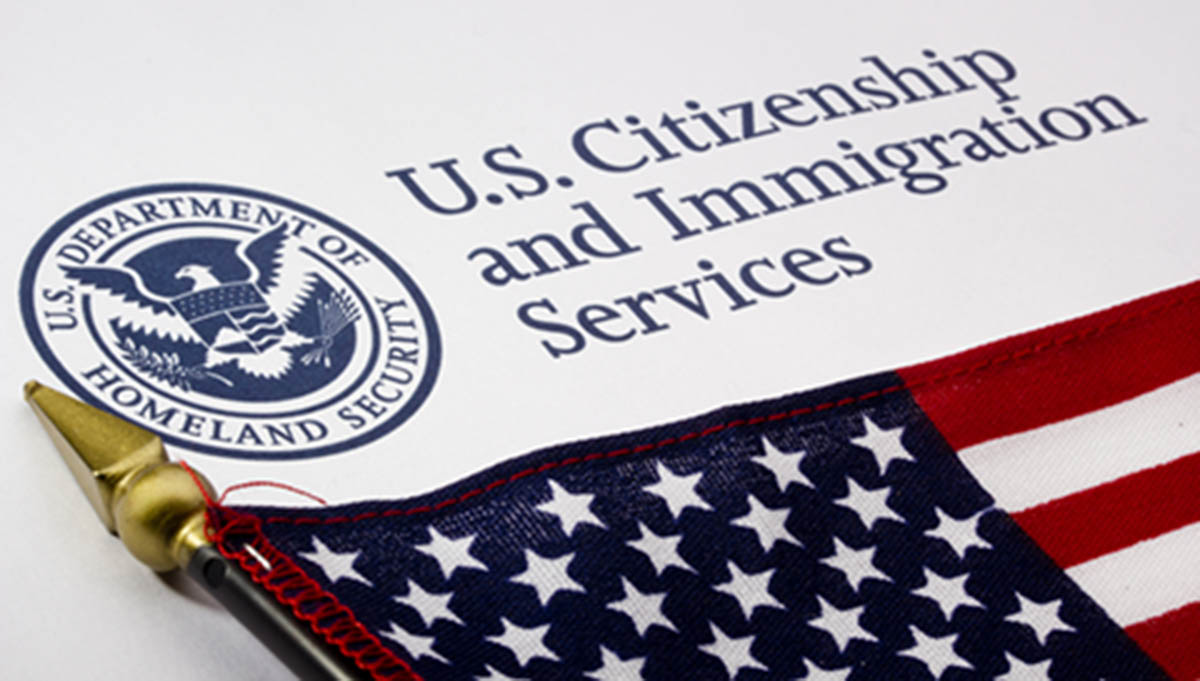On January 27, 2017, the President of the United States of America issued an executive order to protect the nation from foreign terrorists entering the United States. The component of the executive order in question would expand the number of people from Iran, Iraq, Libya, Somalia, Sudan, Syria and Yemen to be denied boarding of in-bound flights to the United States. A U.S. Federal judge in Seattle issued a temporary nationwide block on President Donald Trump's ban on travelers from the seven previously mentioned Muslim nations. The administration, however, could again block them if it were to win an emergency stay.
On March 6, 2017, President Trump signed a new executive order, which revised the first one. One of the changes lifts the 90-day travel ban on citizens from Iraq, but keeps the ban for the remaining countries. The new revision no longer prioritizes on the basis of religious persecution and religious minorities. The order puts a hold on refugee admissions from Syria for 120 days. Even with these and other changes, Michigan’s Muslim dense cities will be highly impacted.
Implementation of the revised executive order was delayed by ten days. At least six states sued to stop the revised travel ban. These suits will be heard in federal appeal courts in May 2017. As of now the order will indefinitely prohibit Syrian refugees from entering the U.S., and reduce the number of refugees that the U.S. can accept in fiscal year 2017. The State Department  estimated that less than 60,000 visas from the seven countries had been revoked by the travel ban. Michigan is not the only state to have elected officials rejecting the Executive Order. At least 20 Senators and representative from Pennsylvania, Arizona, and Virginia have all expressed their thoughts about the unfair targeting of the Executive Order and the unnecessary ban from legal green card holders.
estimated that less than 60,000 visas from the seven countries had been revoked by the travel ban. Michigan is not the only state to have elected officials rejecting the Executive Order. At least 20 Senators and representative from Pennsylvania, Arizona, and Virginia have all expressed their thoughts about the unfair targeting of the Executive Order and the unnecessary ban from legal green card holders.
At least 3.5 million Americans are of Arab descent. Arab Americans live in all 50 states, but two thirds reside in 10 states; one third of the total live in California, New York, and Michigan. About 94% live in metropolitan areas. Detroit, Los Angeles, New York, Chicago, Washington, D.C., and Northeastern NJ are the top six metro areas of Arab American concentration. Michigan has the highest Arab population density in the nation a total of 403,455. Metro-Detroit will feel most of the order’s impact since the community is home to one of the largest concentration of Muslims in the nation
If Michigan were to comply with the travel ban, the executive order could affect the hundreds of thousands of Michigan citizens of Muslim decent. With at least 186,000 Michigan residents claiming Arab ancestry, Michigan's Arab American population has the potential to significantly impact where the immigration ban and the tensions that already exist between the Muslim and non-Muslim communities. Metro-Detroit will feel the bulk of the order since the community is home to one of the largest concentration of Muslims in the nation. The Executive order would put many refugees that Michigan currently harbors at risk. It would not only separate families that have ties to the restricted countries, but it could also revoke save haven from current refugees.
On April 3, 2017, the Lansing City Council designated Lansing as a sanctuary city for immigrants living in the U.S. without legal permission, ending a weeks-long discussion on what role city employees should play when working with immigrants living in the U.S. illegally. Under President Trump’s January Executive Order, Mayor Virg Bernero’s actions would be considered illegal. Trump’s executive order states that jurisdictions with sanctuary city policies "willfully violate Federal law in an attempt to shield aliens from removal from the United States." On March 27, U.S. Attorney General Jeff Sessions said law enforcement grants for state and local governments in the future could be contingent on whether the community cooperates with such orders.
Trump’s executive order has caused considerable hardship and fear for the Arabic community. Families from Metro-Detroit could be torn apart if the executive order prevents family members from entering the U.S or being sent back to the country from which they came. Arabic community members living in Canada with family in the United States are unable to visit their relatives due to the ban, even though they may have permission to be in the United States. This ban has caused a major disruption in Michigan. In April 12, 2017 the city of Lansing denounced its formal claim of being a “Sanctuary City.” The vote came in at a 5-2 decision. This decision makes the situation even more difficult for Arabs that viewed Lansing as a beacon of safe haven in the midst of the executive order. This is an ever-changing policy whose conclusion is not clearly evident as we await upcoming court decisions and further potential actions from the Trump administration.
References
Burke, M. N. (2017, January 31). Trump's immigration order divides Michigan House GOP. Retrieved April 10, 2017, from http://www.detroitnews.com/story/news/politics/2017/01/30/refugee-ban-mi...
Gibbons, L. (2017, April 12). Lansing no longer a sanctuary city. Retrieved April 16, 2017, from http://www.mlive.com/news/index.ssf/2017/04/lansing_no_longer_a_sanctuar...
Hillyard, V. (2017, February 20). Trump travel ban highlights divide in Michigan's immigrant communities. Retrieved April 10, 2017, from http://www.nbcnews.com/politics/politics-news/trump-travel-ban-highlight...
Revesz New York, R. (2017, February 03). US federal judge blocks Donald Trump's 'Muslim ban' in Michigan. Retrieved April 10, 2017, from http://www.independent.co.uk/news/world/americas/us-federal-judge-victor...
Roskopp, J. (2017, March 14). Michigan Democrats react to Trump's travel ban 2.0. Retrieved April 10, 2017, from http://www.metrotimes.com/newshits/archives/2017/03/07/michigan-democrat...
Trump, D. J. (2017, February 23). Executive Order: Protecting The Nation From Foreign Terrorist Entry Into The United States. Retrieved April 10, 2017, from https://www.whitehouse.gov/the-press-office/2017/01/27/executive-order-p...



